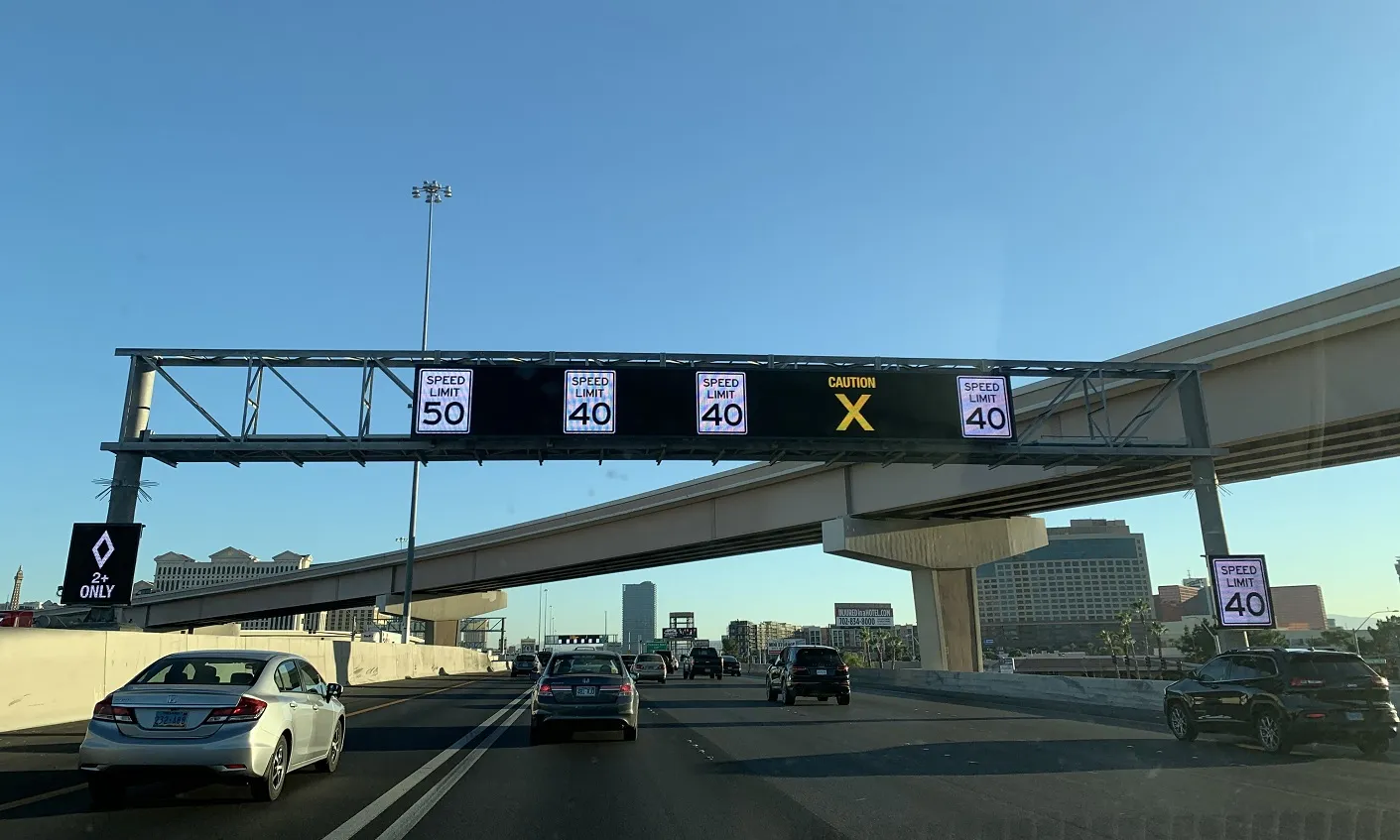The African Development Bank Group (AfDB) has approved two major transport support and facilitation programmes for Tanzania, Côte d'Ivoire and Mali.
Tanzania will receive a US$75.43-million African Development Fund concessional loan and a US$270.95-million African Development Bank loan to finance its Transport Sector Support Programme, which involves interventions in the country's roads, rail and air transport sub-sectors.
Identified as a key part of the country's transport sector priorities to suppor
November 30, 2015
Read time: 2 mins
The African Development Bank Group (AfDB) has approved two major transport support and facilitation programmes for Tanzania, Côte d'Ivoire and Mali.
Tanzania will receive a US$75.43-million African Development Fund concessional loan and a US$270.95-million African Development Bank loan to finance its Transport Sector Support Programme, which involves interventions in the country's roads, rail and air transport sub-sectors.
Identified as a key part of the country's transport sector priorities to support economic development, the programme includes the rehabilitation and upgrading of nearly 500 kilometres of roads to bitumen standard in mainland Tanzania and Zanzibar Island; capacity building and construction of social infrastructure as well as studies in railway and air transport sub-sectors.
The project, to be implemented in five years, is estimated to cost US$384.29 million. The Bank's contribution represents 88% of total costs while the government will provide the remaining 12 per cent.
The Mali-Côte d'Ivoire Road Development and Transport Facilitation Project will receive a total of US$178.61 million for upgrading of road sections on the Bamako-San Pedro corridor between Mali and Côte d'Ivoire, which provides an alternative road to neighbouring hinterland or landlocked countries.
The funding is in response to the critical needs of opening up the production areas of the two countries and will assist the emergence of the Port of San Pedro in Côte d'Ivoire as a key transit port for neighbouring landlocked countries such as Mali and Burkina Faso. The project will connect the two countries via the Port of San Pedro, which will become a real transit port for Mali, Burkina Faso and the northern part of neighbouring Guinea and will also connect to the Eastern regions of Guinea and Liberia on completion.
Some of the project's deliverables include improved level of service on the corridor and increased traffic and trade between the two countries; reduced logistics and transportation costs; and enhanced living conditions of local populations and their access to basic social services.
The project, to be implemented in five years from March 2016 to December 2020, is estimated to cost US$233.18 million; the Bank's contribution represents 84.32 per cent of the total project cost.
Tanzania will receive a US$75.43-million African Development Fund concessional loan and a US$270.95-million African Development Bank loan to finance its Transport Sector Support Programme, which involves interventions in the country's roads, rail and air transport sub-sectors.
Identified as a key part of the country's transport sector priorities to support economic development, the programme includes the rehabilitation and upgrading of nearly 500 kilometres of roads to bitumen standard in mainland Tanzania and Zanzibar Island; capacity building and construction of social infrastructure as well as studies in railway and air transport sub-sectors.
The project, to be implemented in five years, is estimated to cost US$384.29 million. The Bank's contribution represents 88% of total costs while the government will provide the remaining 12 per cent.
The Mali-Côte d'Ivoire Road Development and Transport Facilitation Project will receive a total of US$178.61 million for upgrading of road sections on the Bamako-San Pedro corridor between Mali and Côte d'Ivoire, which provides an alternative road to neighbouring hinterland or landlocked countries.
The funding is in response to the critical needs of opening up the production areas of the two countries and will assist the emergence of the Port of San Pedro in Côte d'Ivoire as a key transit port for neighbouring landlocked countries such as Mali and Burkina Faso. The project will connect the two countries via the Port of San Pedro, which will become a real transit port for Mali, Burkina Faso and the northern part of neighbouring Guinea and will also connect to the Eastern regions of Guinea and Liberia on completion.
Some of the project's deliverables include improved level of service on the corridor and increased traffic and trade between the two countries; reduced logistics and transportation costs; and enhanced living conditions of local populations and their access to basic social services.
The project, to be implemented in five years from March 2016 to December 2020, is estimated to cost US$233.18 million; the Bank's contribution represents 84.32 per cent of the total project cost.










